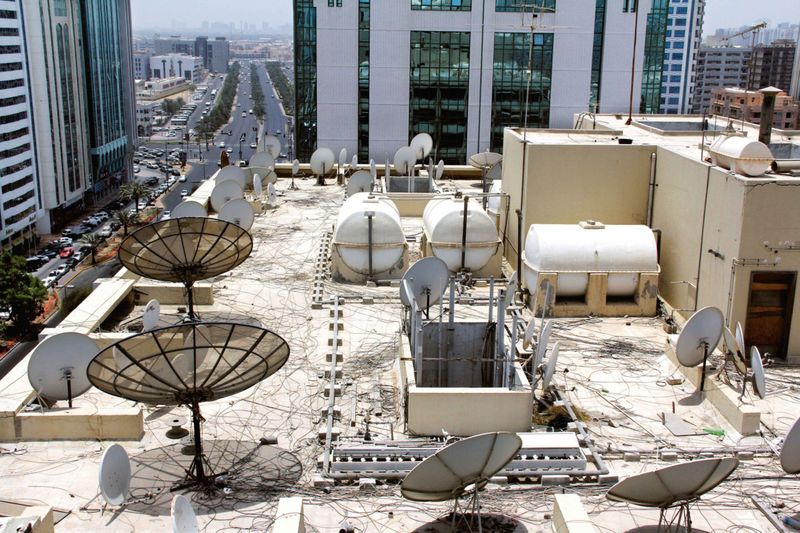[ad_1]
Abu Dhabi: Abu Dhabi recently made a series of updates to a decade-old law aimed at protecting the emirate’s image.
Amendments to Law No. 2 of 2012 on General Appearance, Health and Public Peace will now impose faster penalties on vandals and others who disturb public order. In fact, it should also encourage residents to ensure they take better care of Abu Dhabi’s public spaces and properties.
The law is implemented in the emirate by the Municipal Sector Regulator, the Department of Municipalities and Transport (DMT) and local municipalities such as Abu Dhabi, Al Ain and Al Dhafra.
Here’s everything you need to know about the law and its updates:
What is Law No. 2 of 2012 on Appearance, Health and Public Peace?
The law is an emirate’s legislation aimed at maintaining public order. It was published and published in the sixth edition of the Official Gazette in 2012.
The law prohibits “any conduct likely to disrupt or damage the general image, public health or public tranquility of the emirate”. It also empowers the municipalities of the emirate to deal with the following:
• Public spaces, including sidewalks, markets, buildings, green spaces and public roads
• Municipal Slaughterhouse
• Health controls for non-food facilities
• General appearance of public places
• Walls and public facades
• Any other matters determined by the Chairman of the Abu Dhabi Executive Council
What permissions are permitted by law?
The law allows municipalities to issue warnings when violations occur, as well as issue activity and license suspension orders. Municipalities can also confiscate any tools used and cancel events at the violator’s expense.
The matter was then referred to the courts and public prosecutors to decide on penalties.
What penalties can be imposed under the law?
The regulation allows for fines ranging from AED 200 to AED 100,000 in the absence of any other more serious violations. These fines are initially determined by the courts and are therefore statutory in nature.
Recent amendments turned penalties into an administrative matter, allowing municipalities to independently determine the amount of fines. It could also keep those cases out of court and speed up resolution.
The law also requires fines to be doubled for repeat offenders.
What else has changed since the law was revised?
Settlement: The law now allows municipalities to offer offenders settlements and discounts of up to 25% of the value of the fine. To take advantage of these, offenders must accept a settlement and then pay a fine within 60 days of the settlement being offered.
Before the amendment, the discount amount was not specified, and if offered and accepted, violators had to pay half the fine amount within one month.
Complaint: For the first time, offenders can also lodge a complaint with the municipality. This is to protect the rights of individuals, including criminals.
Faster action: Since a court decision is no longer required, municipalities may be able to impose fines faster once violations are discovered.
When is the law usually invoked and how much is the fine for offenders?
Here are some examples of past invocations of the law:
Abandoned Vehicles: Owners of unwashed vehicles are first warned by city inspectors. If the vehicle is not cleaned within three days, it will be impounded and released with a Dh3,000 fine. Offenders must also pay the daily impound yard fee for each day the car is not retrieved, as well as the towing fee.

File picture of car impounded in Abu Dhabi
Image source: provided
Defilement of public facilities, buildings and walls: The fine depends on the seriousness of the offence and the cost of repainting or repairing.
Barbecue in non-designated outdoor public places: Municipal inspectors have fined park visitors Dh1,000 for barbecuing in non-designated outdoor public places such as parks and beaches.
Installing too many satellite dishes: Residents and owners who install satellite dishes on windows, top of fences and balconies will be fined Dh1,000. Roofs of buildings are also only allowed to have four satellite dishes, or they will be fined.

Crowding of rooftop satellite dishes is eye pain and potential danger, authorities say
Image source: provided
Noise Complaints: Penalties imposed depend on the severity of the disturbance and the violator’s compliance with council warnings,
[ad_2]
Source link